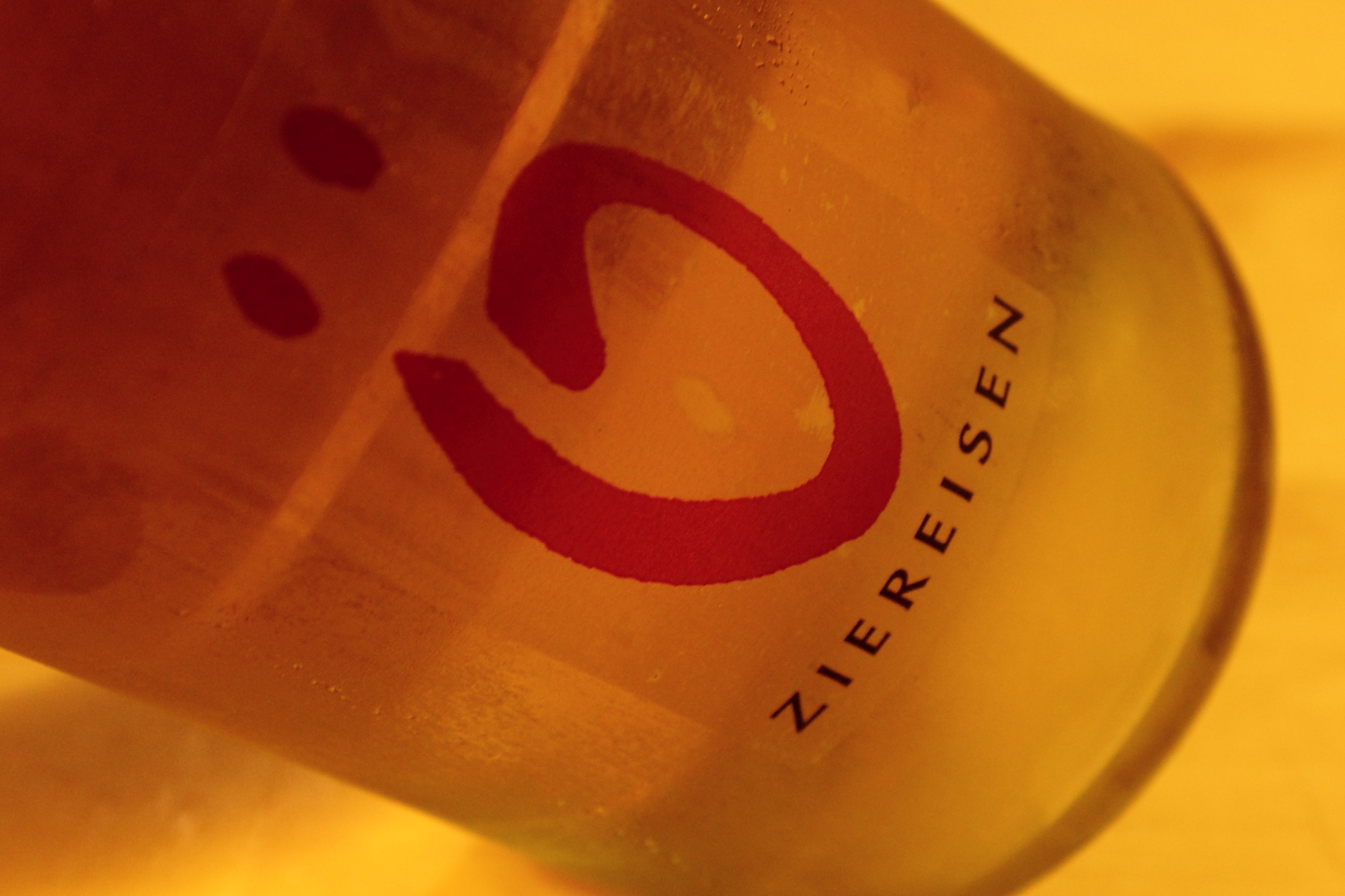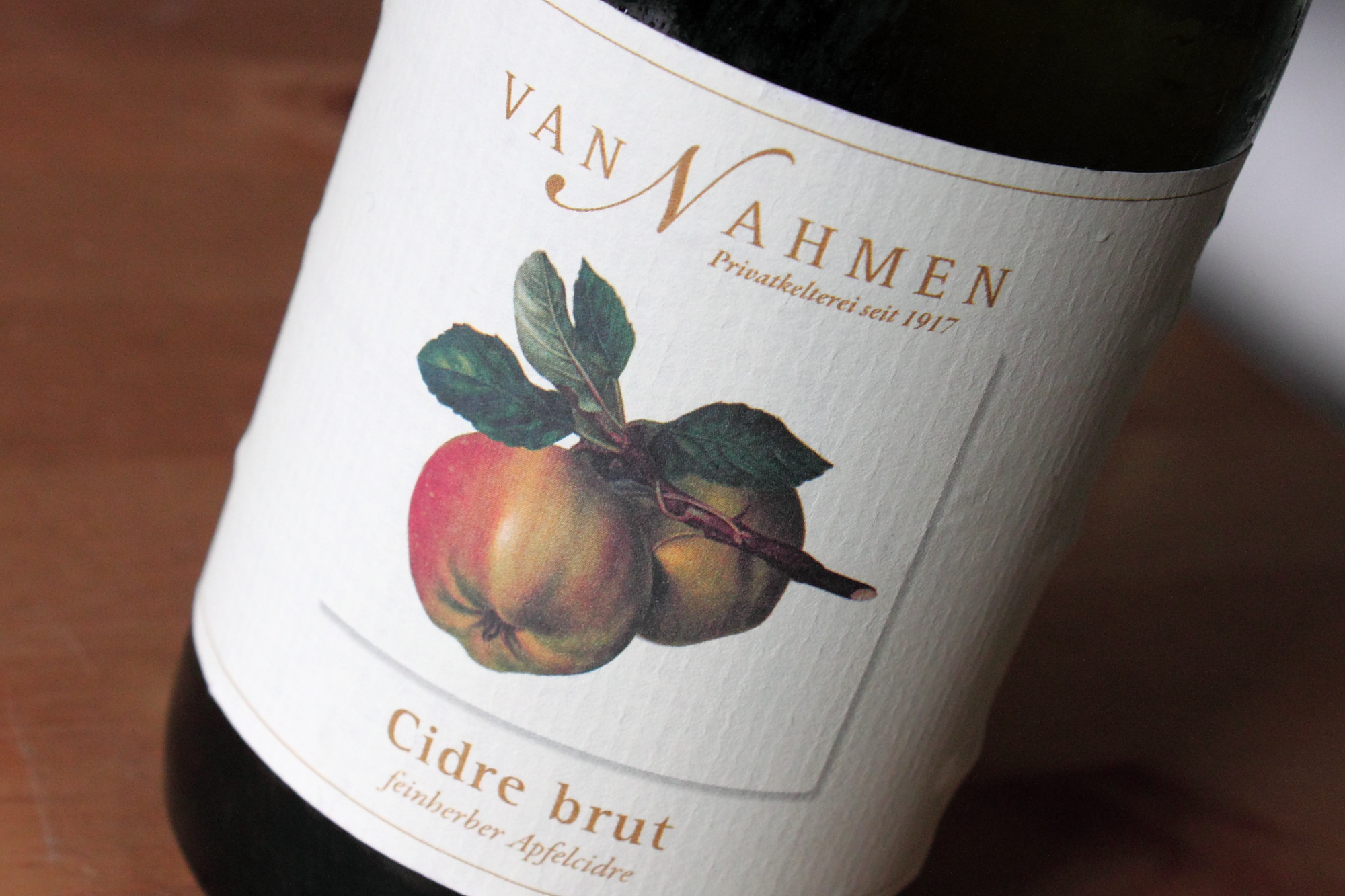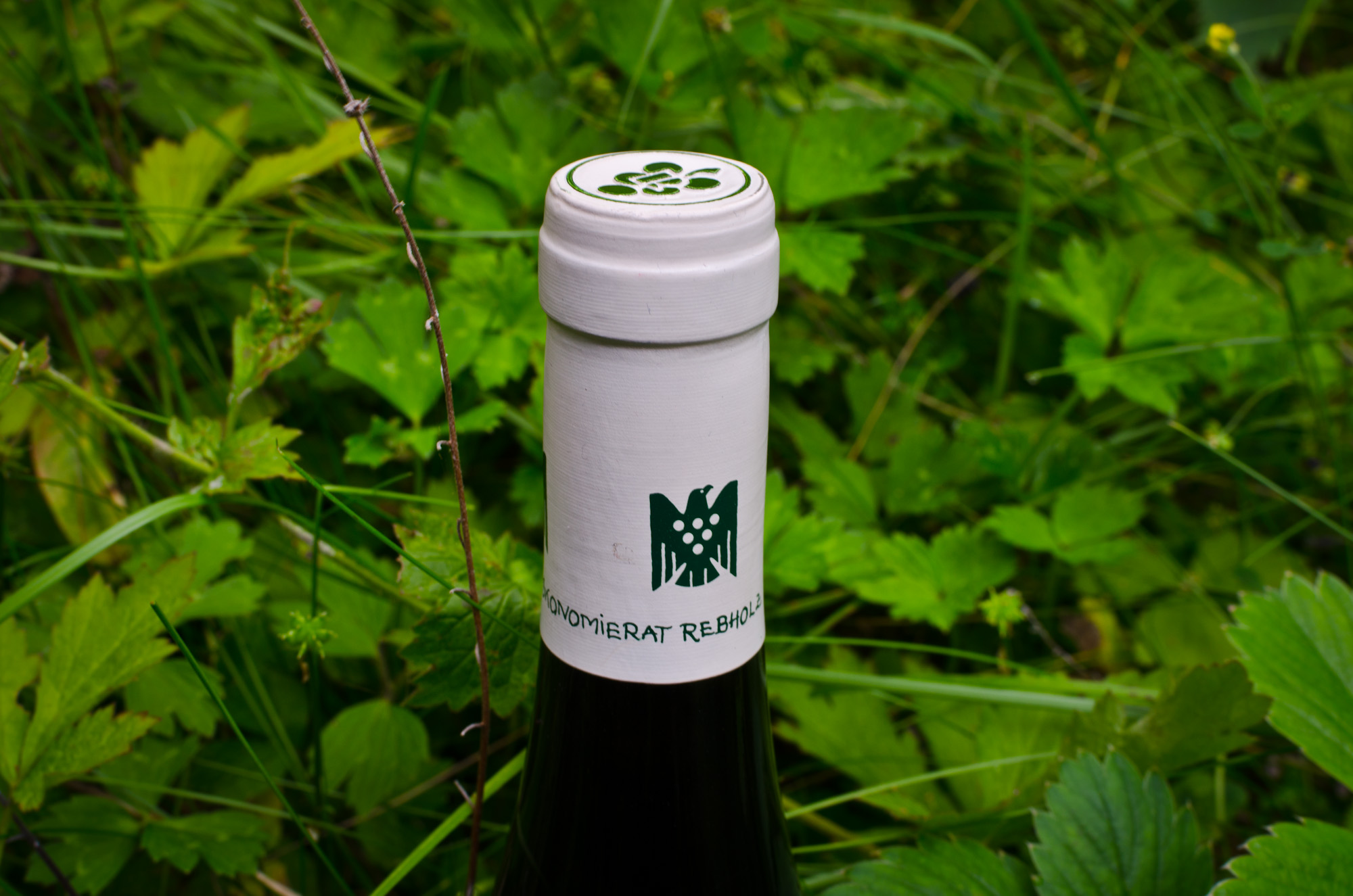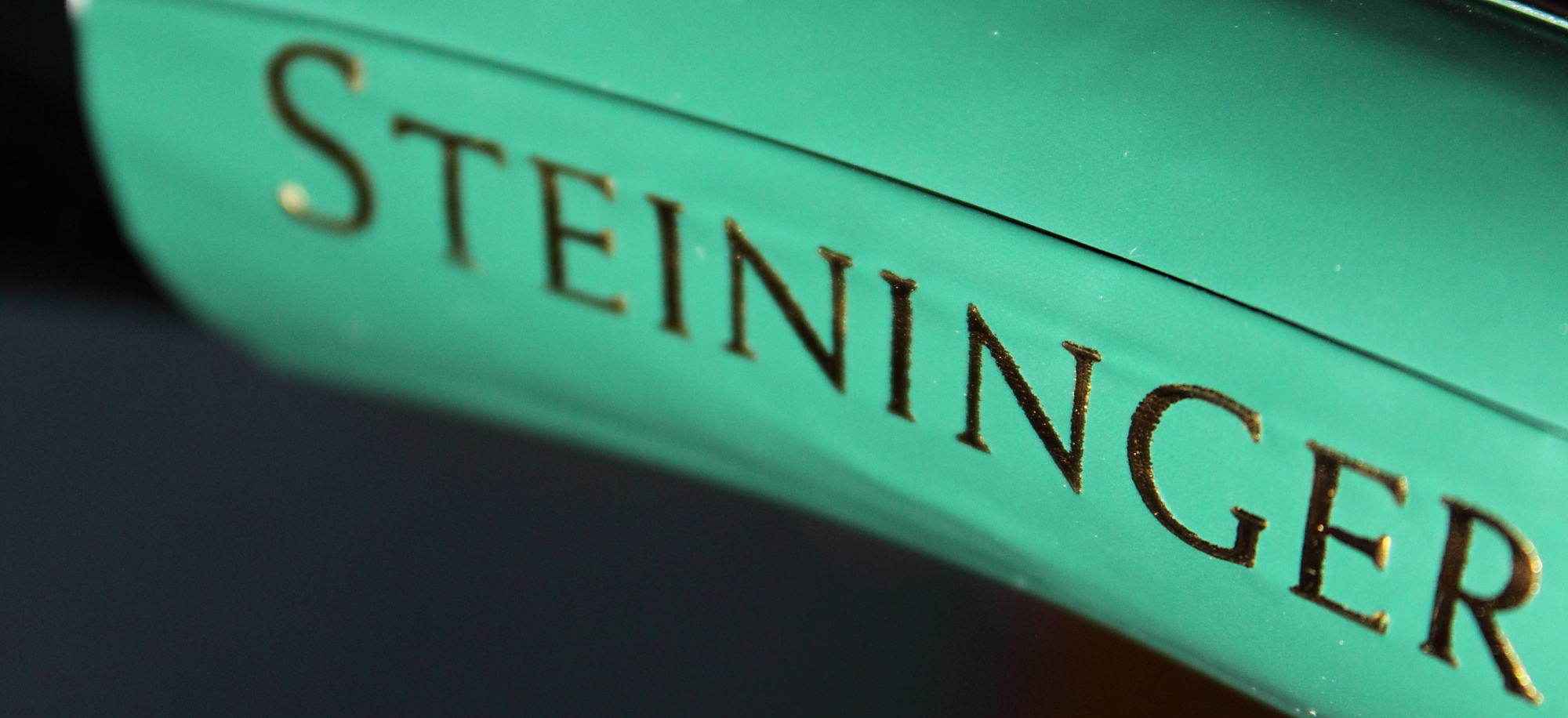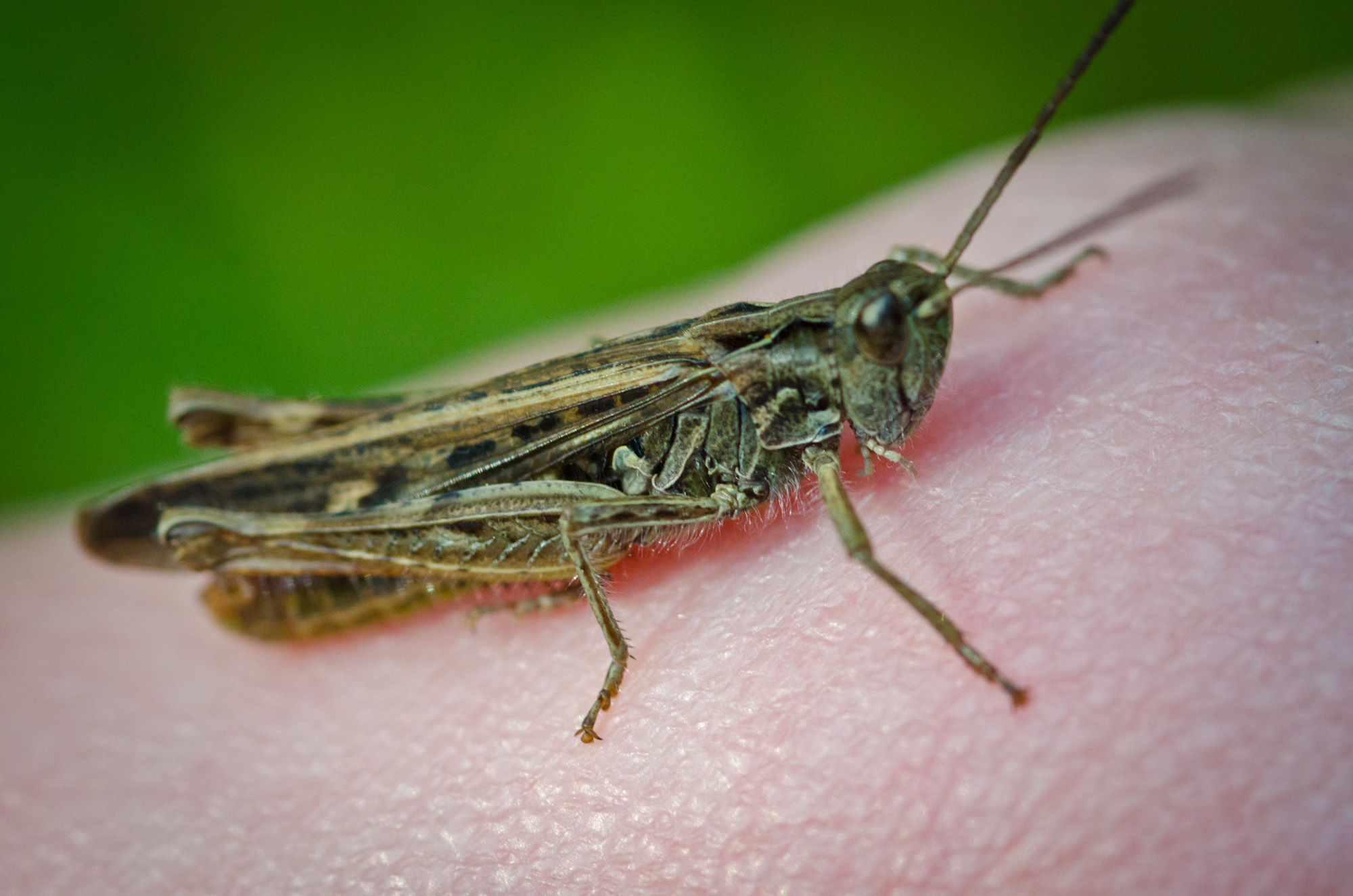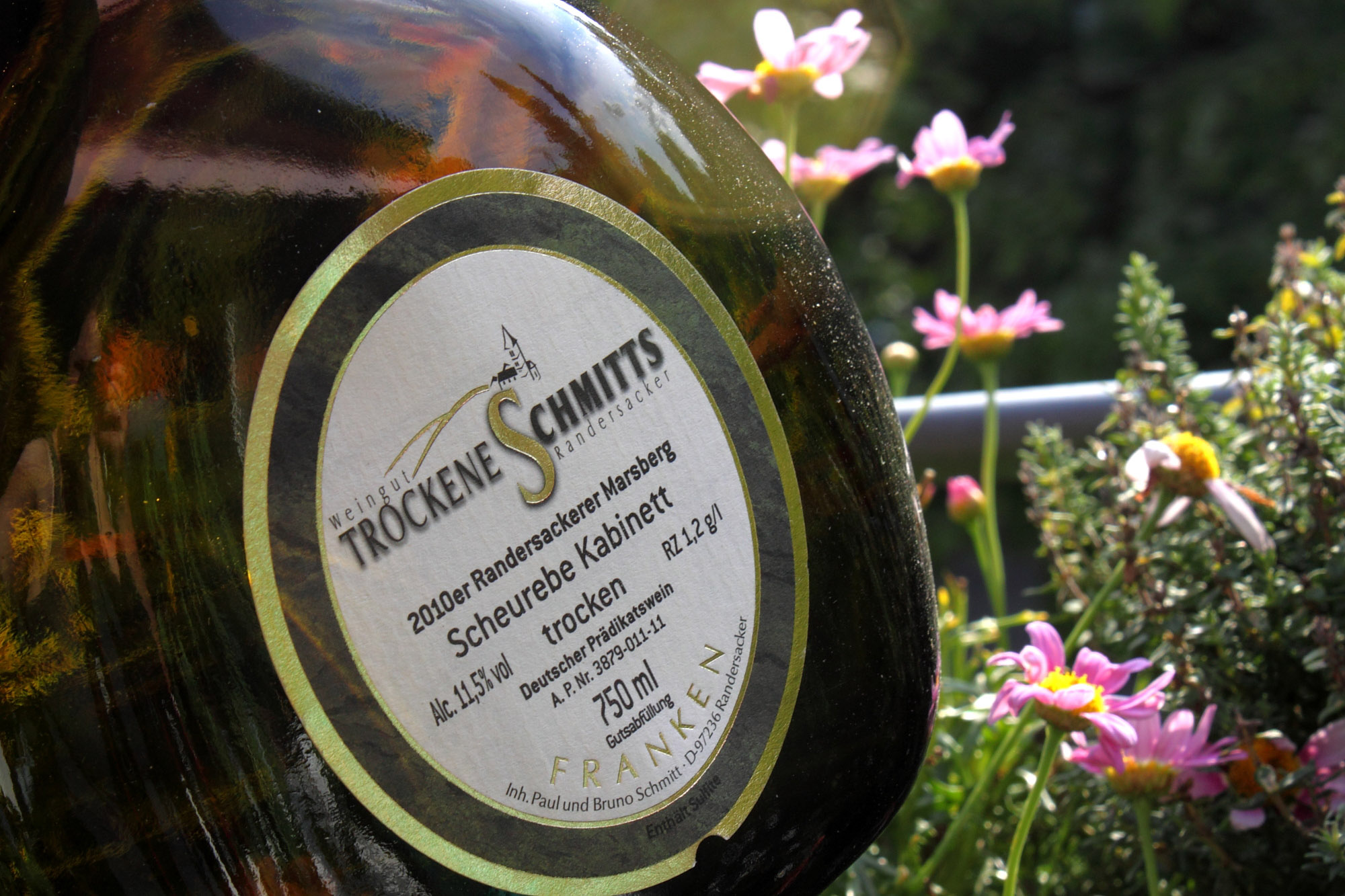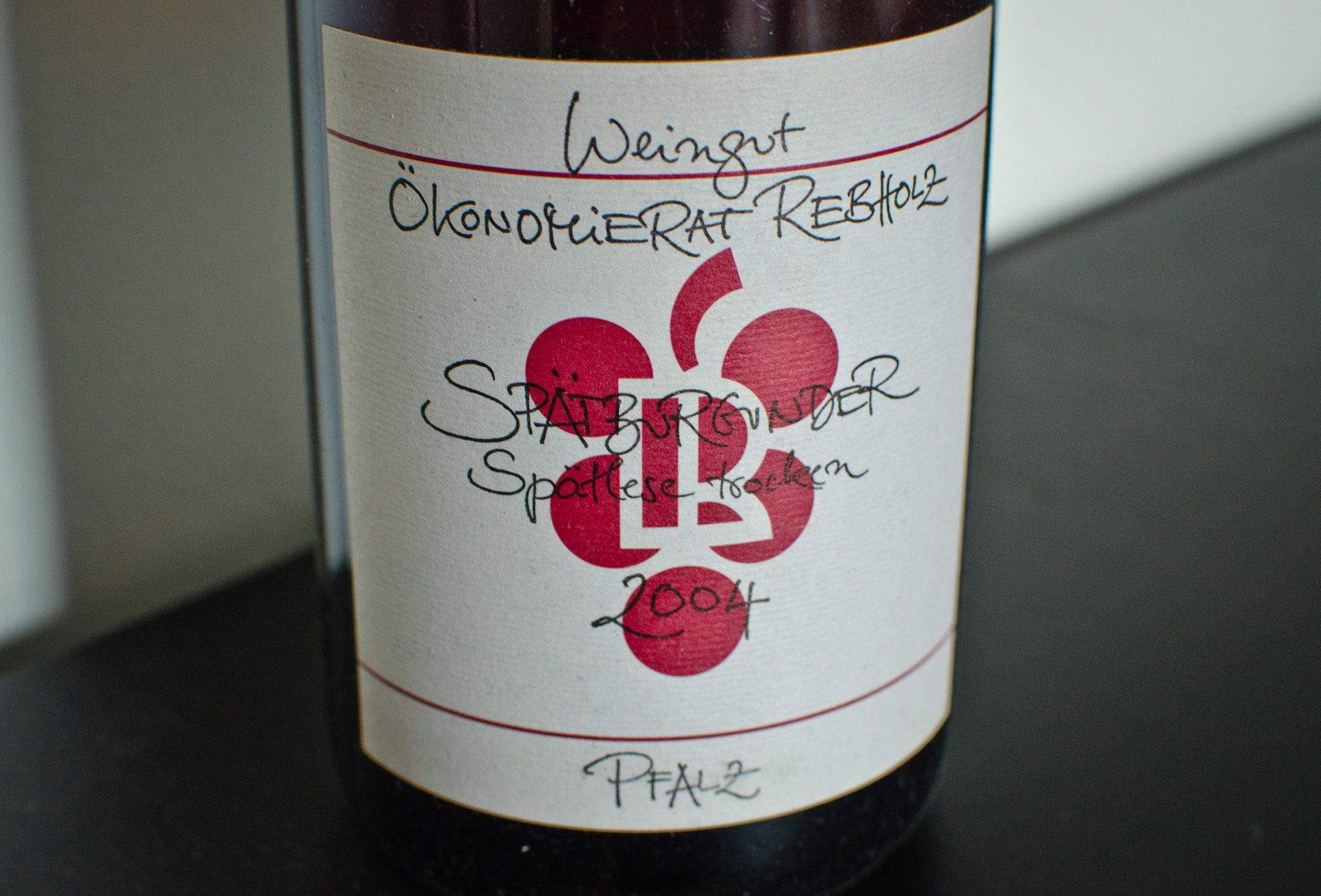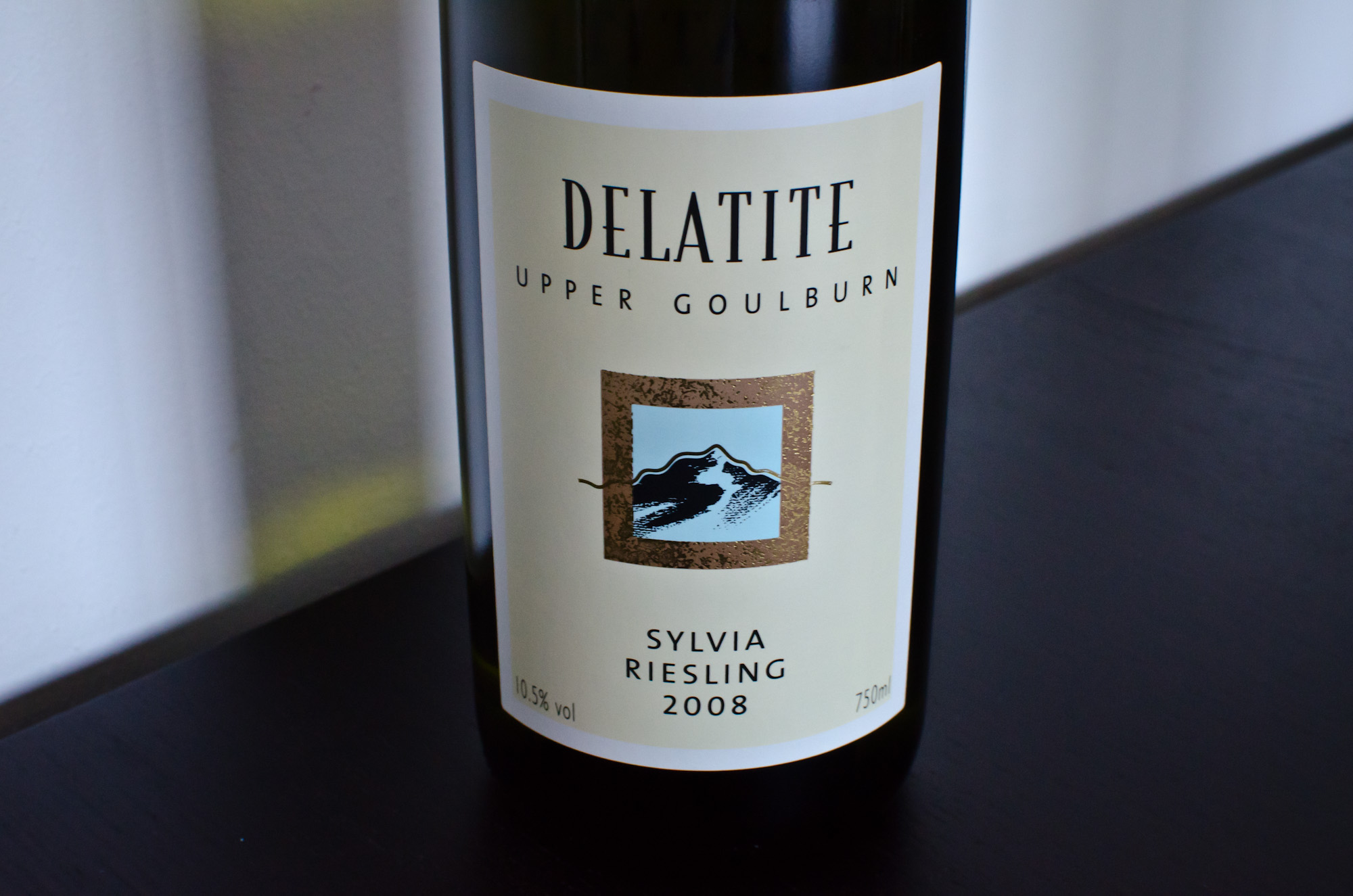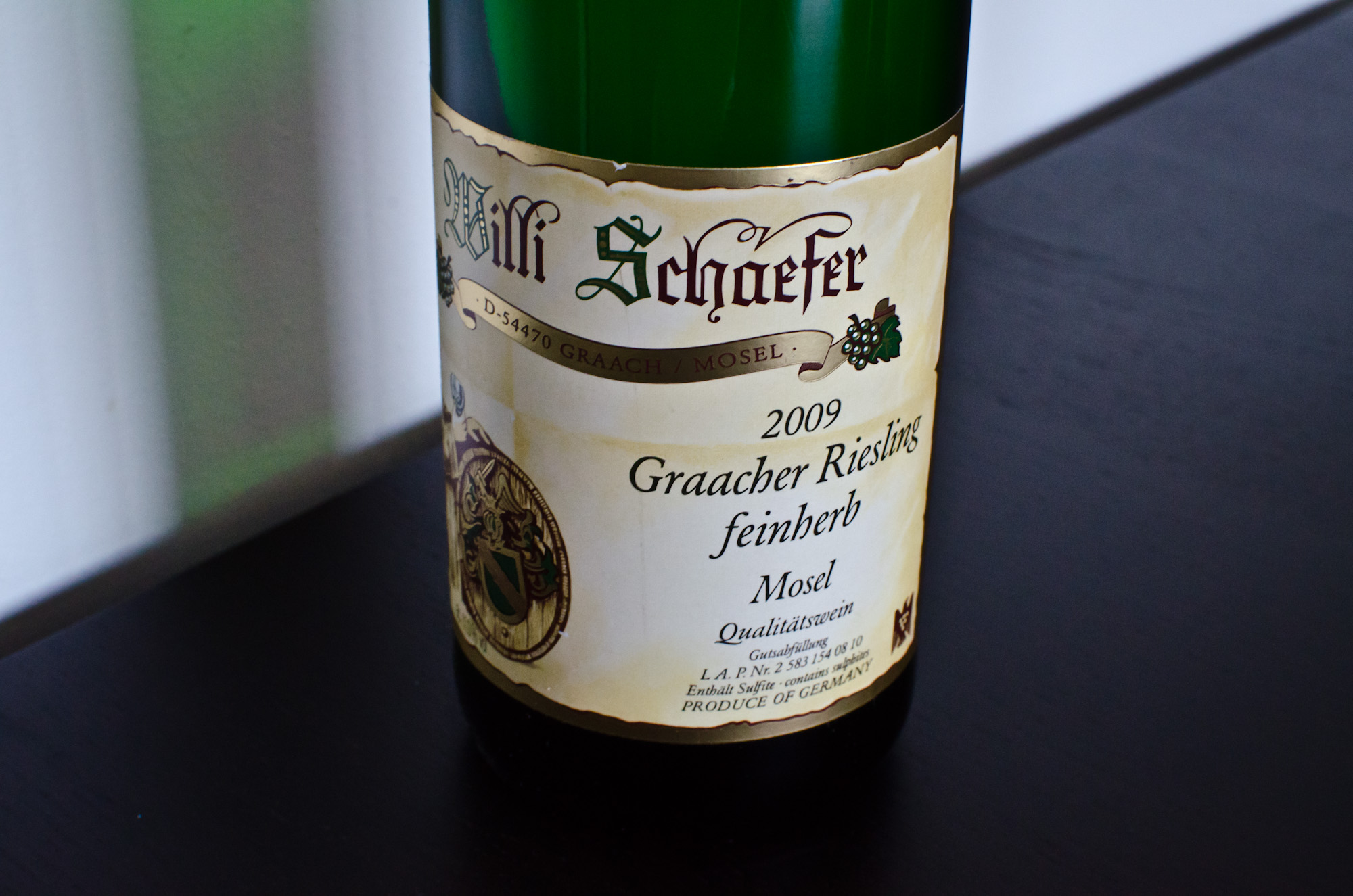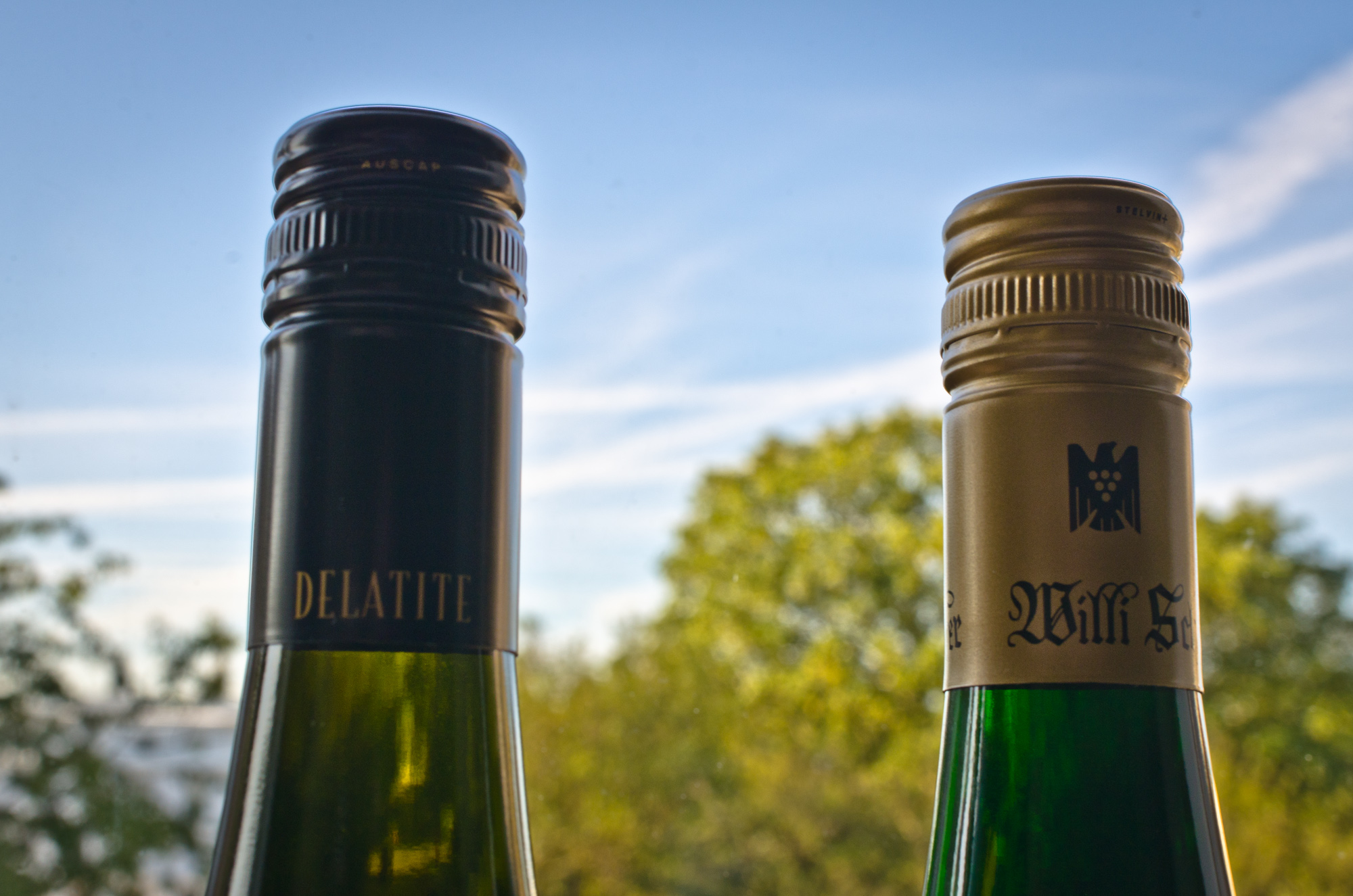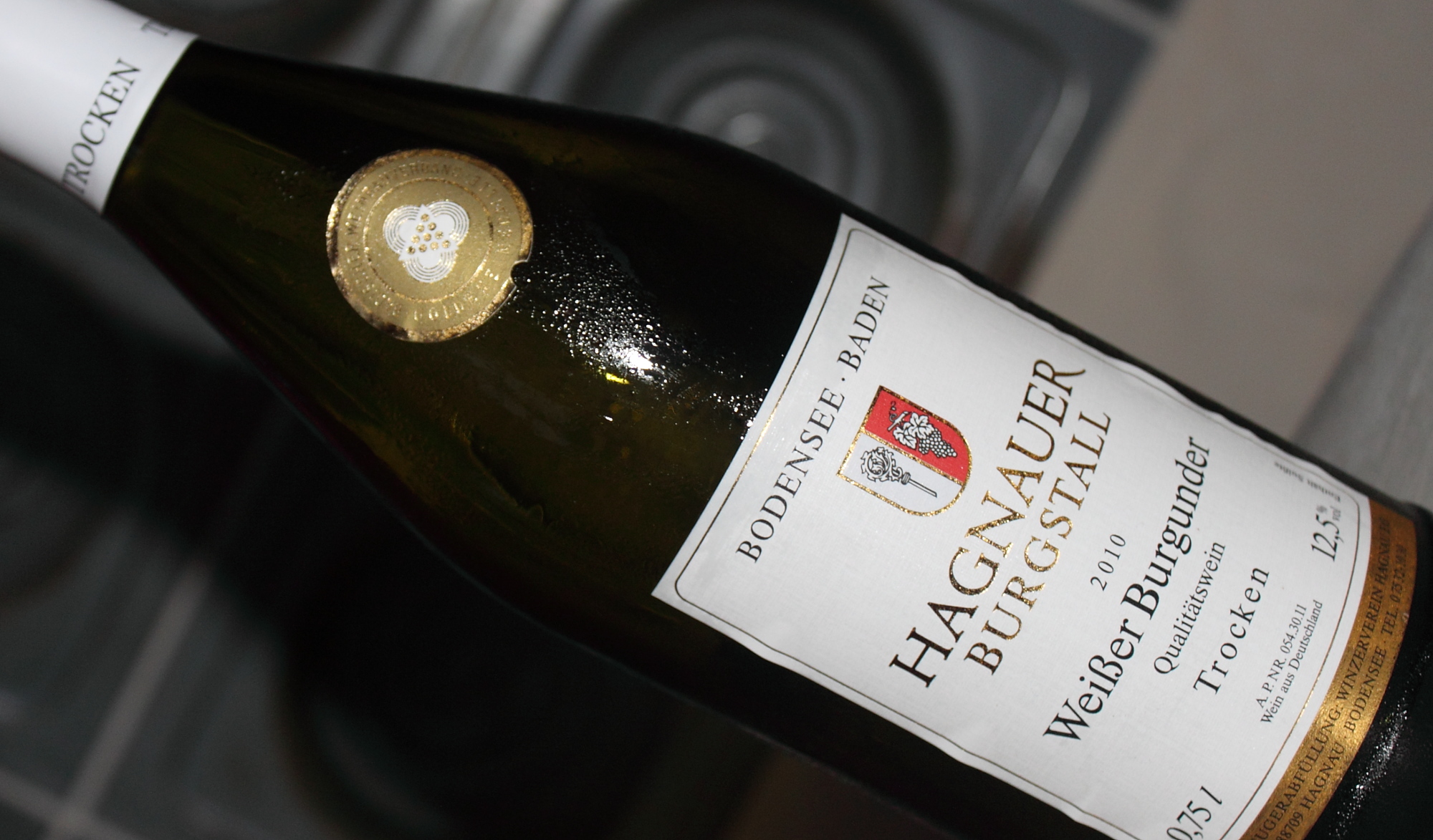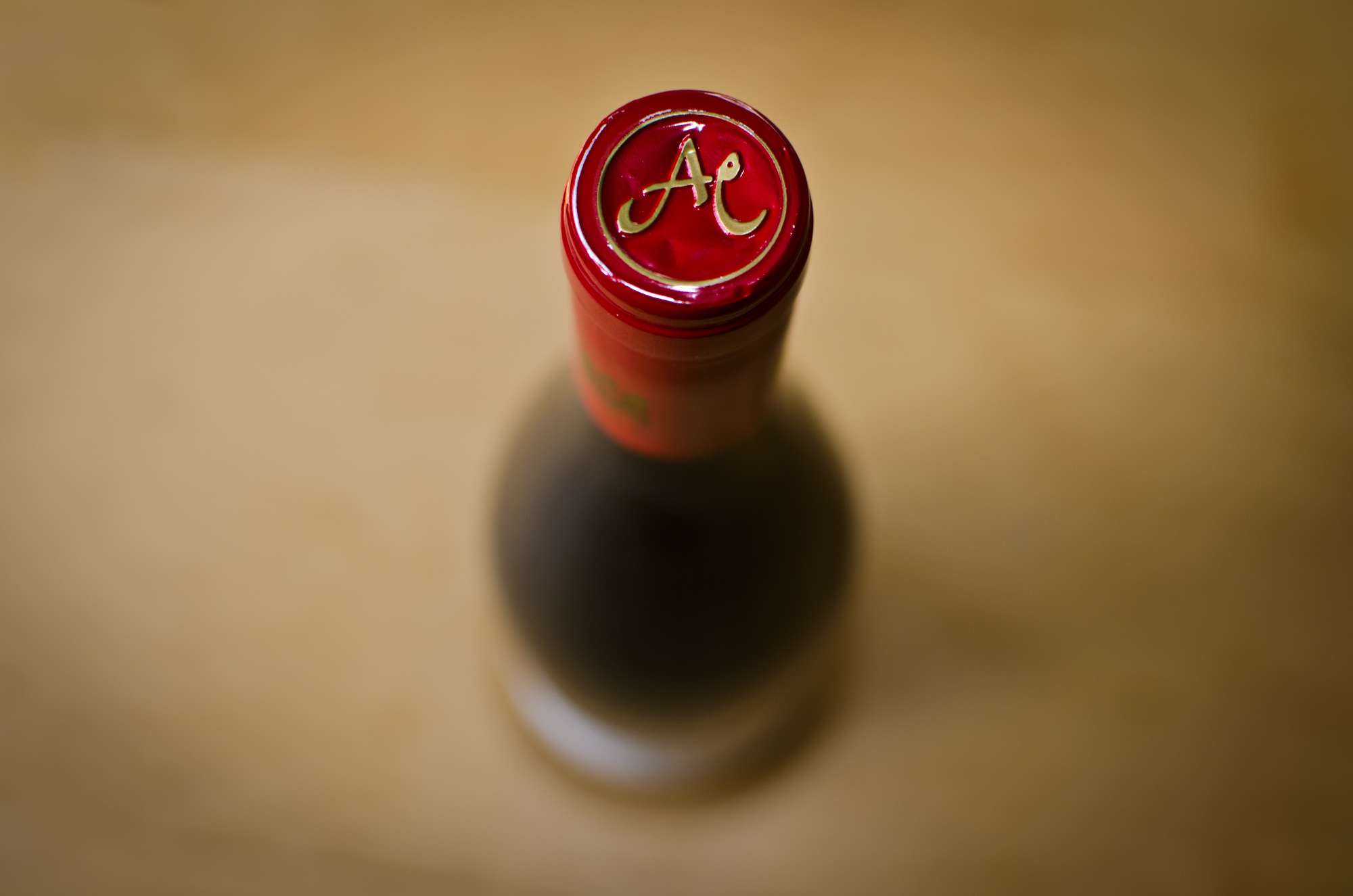An apple a day - two German Ciders
Yes, it's true, I should be working on my foolhardy Burgundy project instead of letting myself get sidetracked by stuff that isn't even wine. And I wasn't going to. But I do like Cider. Germany doesn't have a proper Cider tradition like France, northern Spain or Britain. There is a great love for Apfelwein, the fairly sour regional variant, in parts of Hesse, but that has never gained much commercial traction anywhere further than 100 miles from Frankfurt.
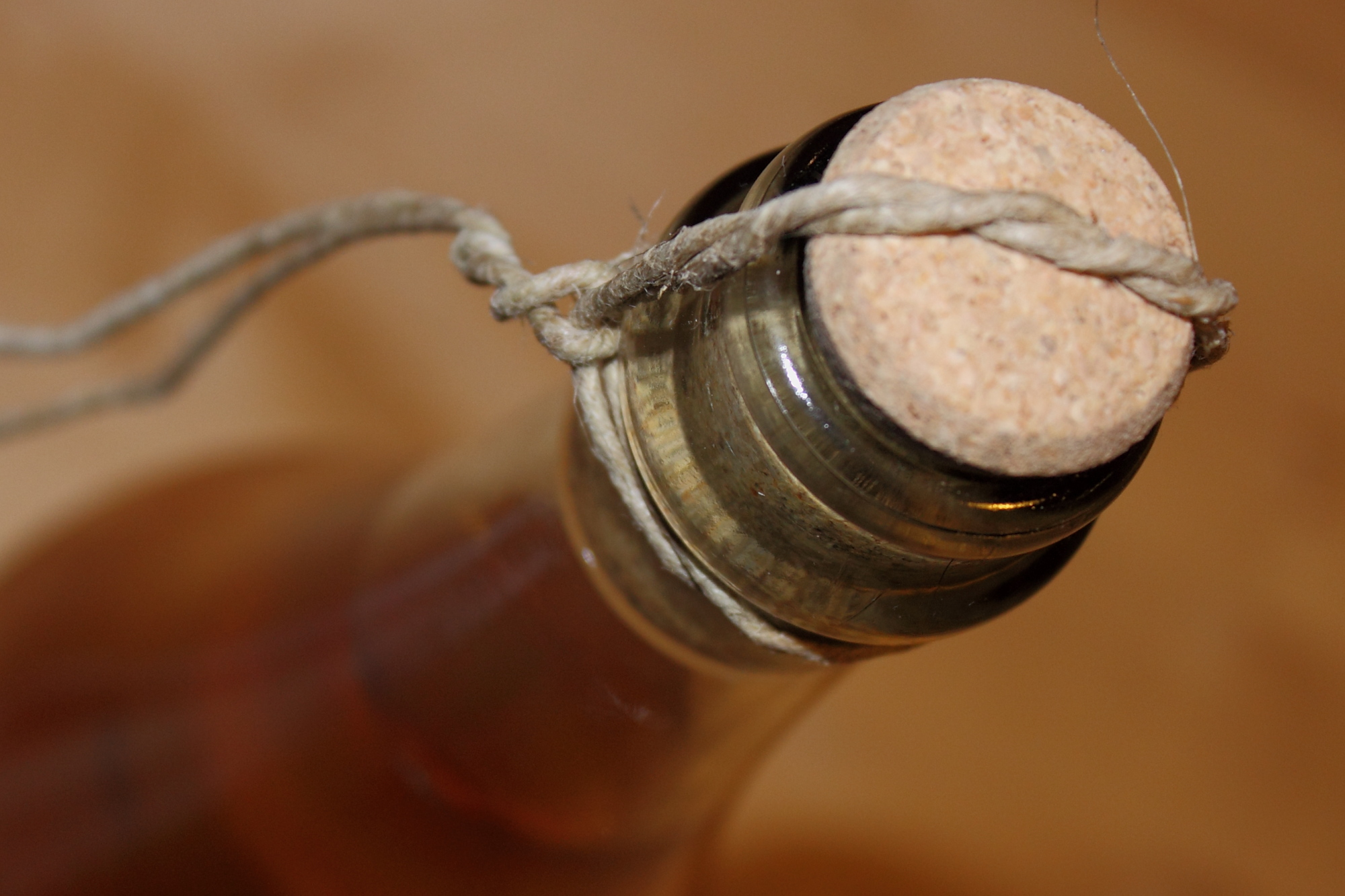
So when I found out that Ziereisen, one of my very favourite wineries, had come out with their own cider, and some time after, that a well-known internet wine merchant had begun sourcing a different one from another reputable producer, who was I not to get in line?

